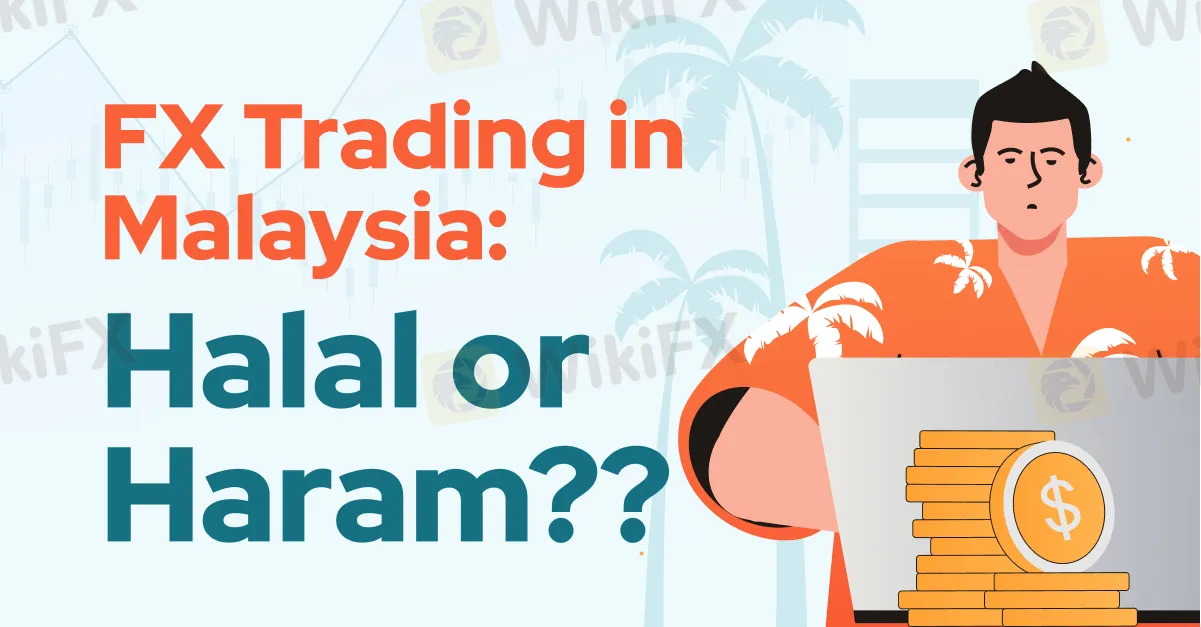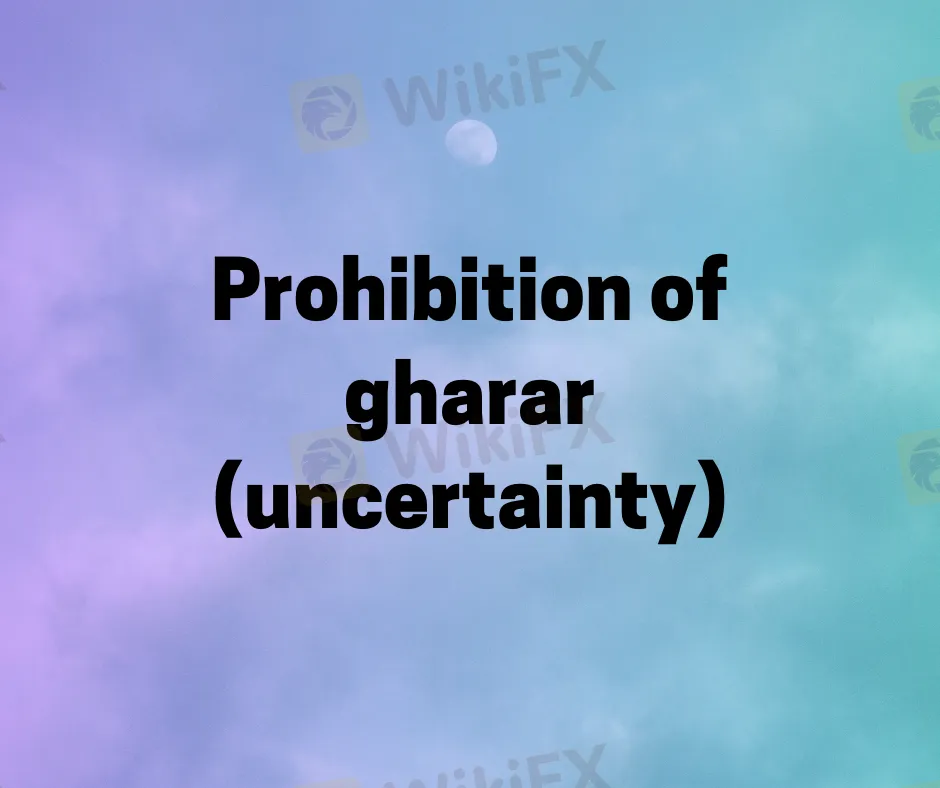简体中文
繁體中文
English
Pусский
日本語
ภาษาไทย
Tiếng Việt
Bahasa Indonesia
Español
हिन्दी
Filippiiniläinen
Français
Deutsch
Português
Türkçe
한국어
العربية
FX Trading in Malaysia: Halal or Haram??
Abstract:For Muslim investors in Malaysia, a pivotal query looms large: does forex trading align with the tenets of halal or haram as per Islamic regulations?

Over the past few years, on a global scale, forex trading has emerged as a potentially lucrative avenue for investment. However, a pivotal query for Muslim investors in Malaysia looms large: does forex trading align with the tenets of halal or haram as per Islamic regulations? This article explores this intricate matter, aiming to ascertain whether trading forex in Malaysia can be deemed halal.
The forex market is a ubiquitous stage for the exchange of foreign currencies. In this fluid arena, currency valuations are constantly in flux, providing a fertile ground for forex investors to capitalize on the disparities in currency pair prices. Facilitating this dynamic, forex brokers function as intermediaries, transmitting trades into the vast global market, thus granting traders the potential for rapid gains. In return for their services, brokers reap profits from the spread, a minute fraction embodying the difference between currency purchase and sale rates.
Guided by the tenets of Shariah law, Islamic finance unfurls a set of distinctive principles governing financial transactions, etched to uphold ethical and moral standards. Two fundamental precepts germane to forex trading within this framework are:

This edict unequivocally shuns all forms of interest, casting a shadow over practices involving fixed returns, which are perceived as inequitable and exploitative. The intricate contours of riba have engendered much deliberation; however, numerous aspects of forex trading, such as broker commissions and swaps that entail interest components, are entangled within this ambit.

Islamic finance, vigilant against contracts marred by excessive ambiguity, underscores the potential for deception and inequity. This edict chiefly encompasses forward, futures, and options contracts that bear significant obscurity, especially those entailing transactions set for the future.
Within the realm of scholarly discourse, advocates contend that forex spot trading, centred on real-time currency exchange, resonates with the ethos of Islamic law. This stance posits the parity of currency exchange without the taint of interest. Furthermore, forex trading assumes a bona fide economic function, facilitating individuals and businesses in safeguarding against currency fluctuations and participating in global commerce. Some scholars advocate for the permissibility of a modest, reasonable spread fee that aids trade facilitation while adhering to Islamic principles.
The prohibition of maysir, occasionally paralleled with gambling, is an element that enters the discourse surrounding forex in Islamic finance. However, the association of forex trading with gambling is tenuous. Diverse factors, spanning consequential economic and geopolitical events to intricate financial indicators, weave the intricate tapestry of foreign exchange price movements. Investors are tasked with discerningly evaluating this labyrinthine weave through the prisms of fundamental and technical analysis to engender informed financial choices.
Within the Malaysian context, the halal classification of forex trading is tethered to brokers' provision of Islamic accounts. These accounts, devoid of commissions or swaps, safeguard against entanglement in interest-related matters, thus aligning with the mandate against gharar, or excessive uncertainty, laid out by Islamic finance principles.

Disclaimer:
The views in this article only represent the author's personal views, and do not constitute investment advice on this platform. This platform does not guarantee the accuracy, completeness and timeliness of the information in the article, and will not be liable for any loss caused by the use of or reliance on the information in the article.
Read more

Italian Regulator Warns Against 5 Websites
The Italian regulator, CONSOB has issued a warning against five websites offering unauthorized financial services. This regulatory action aims to protect the public from fraudulent activities.

Trader Exposes Unethical Practices by STP Trading
A recent allegation against STP Trading has cast doubt on the firm's business practices, highlighting the potential risks faced by retail traders in an increasingly crowded and competitive market.

What Makes Cross-Border Payments Easier Than Ever?
Cross-border payments are now faster, cheaper, and simpler! Explore fintech, blockchain, and smart solutions to overcome costs, delays, and global payment hurdles.

FCA Identifies Clone Firm Exploiting Admiral Markets' Credibility
The UK Financial Conduct Authority (FCA) has issued a public warning regarding a fraudulent entity impersonating Admiral Markets, a legitimate and authorised trading firm. The clone firm, operating under the name Admiral EU Brokers and the domain Admiraleubrokerz.com, has been falsely presenting itself as an FCA-authorised business.
WikiFX Broker
Latest News
Hackers Charged for $11M Crypto Theft Using SIM-Swaps
Role of Central Banks in the FX Market
FCA Alerts Against Sydney FX
What Makes Cross-Border Payments Easier Than Ever?
Trader Exposes Unethical Practices by STP Trading
Malaysian Man Loses RM113,000 in Foreign Currency Investment Scam
Bitcoin Nears $100,000: A Triumph of Optimism or a Warning Sign?
Mastercard Partners with JPMorgan for B2B Cross-Border Payments
FCA Identifies Clone Firm Exploiting Admiral Markets' Credibility
Coinbase Under Scrutiny Amid Wrapped Bitcoin Delisting Controversy
Currency Calculator


